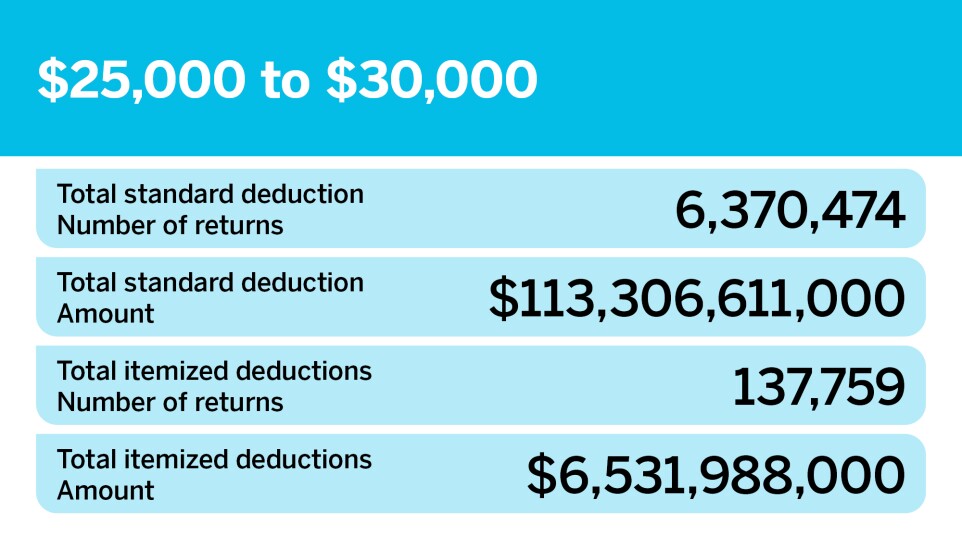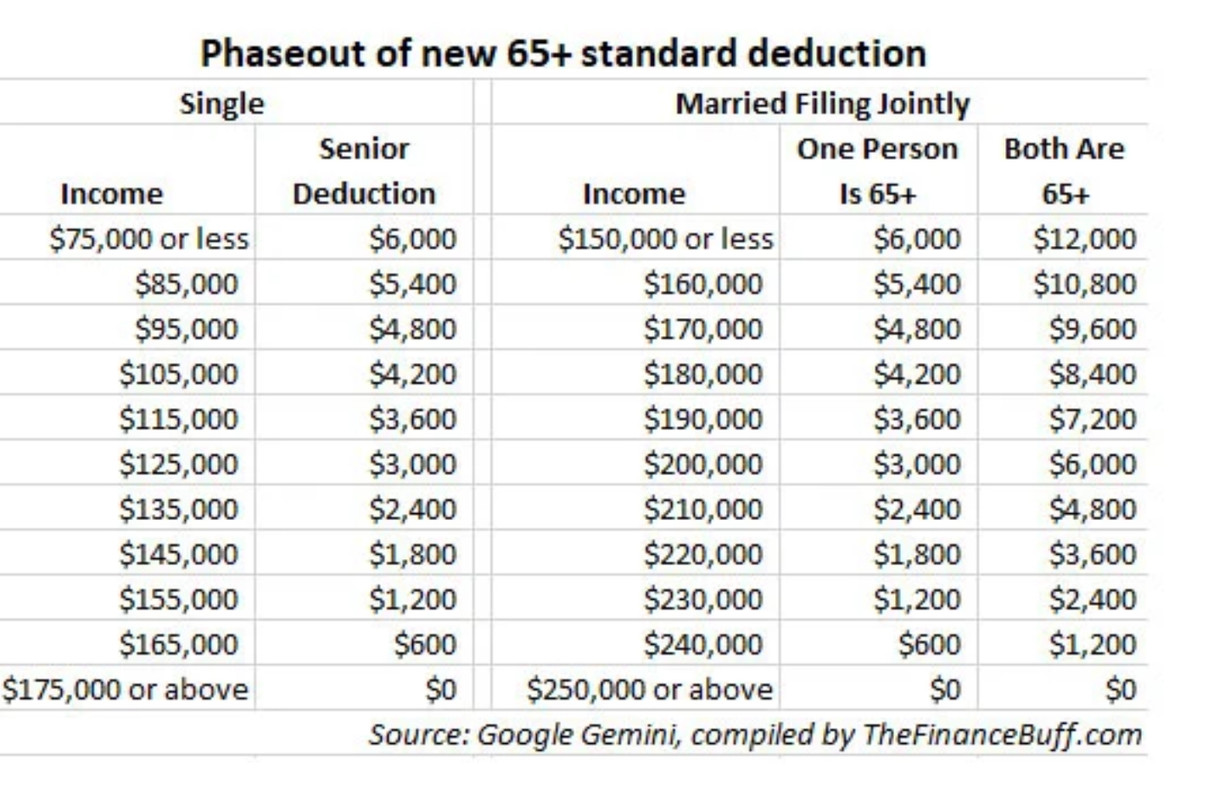Common mistakes taxpayers make when handling the FEIE Standard Deduction
Wiki Article
The Foreign Earned Revenue Exclusion Explained: A Guide to Enhancing Your Conventional Deduction
The Foreign Earned Revenue Exemption (FEIE) is a crucial tax obligation arrangement for U.S. citizens and resident aliens living abroad. It permits eligible expatriates to exclude a substantial section of their foreign-earned revenue from federal tax obligations. Understanding the nuances of FEIE can result in considerable tax savings. Lots of people forget essential information that can influence their qualification and advantages. Exploring these facets may reveal opportunities for enhanced tax obligation results.Comprehending the Foreign Earned Revenue Exclusion
Although numerous expatriates look for possibilities abroad, understanding the Foreign Earned Earnings Exemption (FEIE) is necessary for managing their tax obligation obligations. This provision enables united state people and resident aliens living overseas to omit a specific quantity of their earned income from federal taxes. The FEIE was developed to reduce the tax burden on people that stay outside the United States, recognizing the special monetary obstacles they may deal with.
Qualification Needs for FEIE

How to Declare the FEIE
To successfully assert the Foreign Earned Income Exclusion (FEIE), taxpayers should initially validate their qualification based upon details standards - FEIE Standard Deduction. The procedure includes a number of actions, consisting of filing the appropriate kinds and providing necessary documentation. Recognizing these treatments and demands is necessary for making best use of tax obligation benefits while living abroadQualification Requirements
Eligibility for the Foreign Earned Income Exemption (FEIE) depends upon conference certain requirements set by the IRS. To certify, people have to be U.S. residents or resident aliens that gain earnings while functioning abroad. They require to develop an international tax obligation home, which means their main workplace is outside the United States. Furthermore, applicants need to fulfill either the Bona Fide House Test or the Physical Presence Test. The Bona Fide Residence Examination calls for that a taxpayer stays in an international country for an entire tax year, while the Physical Visibility Examination necessitates costs at least 330 full days in an international nation during a 12-month period. Meeting these demands is vital for declaring the FEIE.Filing Process Actions
How can one properly browse the process of asserting the Foreign Earned Income Exclusion (FEIE)? Individuals should determine their eligibility based on the physical presence test or the bona fide residence test. Once validated, they need to complete IRS Form 2555, which information international earnings and residency. This form should be connected to their yearly tax obligation return, typically Form 1040. It is vital to accurately report all foreign gained revenue and assurance compliance with the IRS standards. In addition, taxpayers must preserve appropriate documentation, such as foreign income tax return and evidence of residency. By complying with these steps, people can efficiently declare the FEIE and potentially reduce their taxable earnings considerably, enhancing their total economic placement.Computing Your International Earned Earnings Exclusion
While numerous expatriates seek to optimize their financial benefits abroad, understanding the calculation of the Foreign Earned Income Exclusion is necessary for accurate tax reporting. The Foreign Earned Earnings Exemption allows qualifying people to omit a particular amount of their international revenues from united state tax, which is changed each year for rising cost of living. To compute this exemption, expatriates have to identify their overall international earned income, which typically includes wages, wages, and specialist charges gained while living in a foreign country.Next, they must complete internal revenue service Form 2555, giving information regarding their foreign residency and work status. FEIE Standard Deduction. It's crucial straight from the source to meet either the bona fide house examination or the physical existence examination to get the exclusion. As soon as these factors are established, the optimum allowable exclusion amount is used, decreasing the person's gross income substantially. Accurate computations can cause substantial tax financial savings for expatriates living and functioning abroad
The Impact of FEIE on Various Other Tax Benefits
The Foreign Earned Earnings Exemption (FEIE) can influence an individual's eligibility for certain tax obligation advantages, consisting of the conventional reduction. By leaving out international earned earnings, taxpayers might locate their modified gross earnings impacted, which consequently can impact their qualification for various tax obligation credits. Understanding these communications is essential for enhancing tax results while living abroad.Interaction With Standard Reduction
When people get approved for the Foreign Earned Income Exemption (FEIE), their qualification for the common deduction may be affected, potentially altering their overall tax obligation responsibility. The FEIE enables taxpayers to leave out a particular amount of made income from U.S - FEIE Standard Deduction. tax, which can result in a decreased gross income. Consequently, if the excluded revenue goes beyond the standard reduction, it can reduce the benefit of claiming that reduction. Furthermore, taxpayers who utilize the FEIE might locate that their capability to make a list of deductions is additionally affected, as specific costs may be impacted by the exclusion. Recognizing this interaction is essential for expatriates to optimize their tax benefits while ensuring conformity with U.S. tax legislationsEligibility for Tax Credit Scores
Steering via the intricacies of tax credit scores can be testing for expatriates, particularly since the Foreign Earned Revenue Exemption (FEIE) can significantly impact qualification for these benefits. The FEIE permits qualified individuals to leave out a considerable part of their foreign earnings from united state taxes, however this exemption can likewise impact access to different tax credit reports. For instance, taxpayers that use the FEIE might discover themselves ineligible for credit histories like the Earned Income Tax Obligation Credit Score (EITC), as these credit reports usually require gross income. Furthermore, the exemption might limit the ability to declare specific reductions or credit ratings related to dependents. Comprehending the interplay in between the FEIE and readily available tax obligation credit scores is important for migrants aiming to enhance their tax obligation scenario.
Typical Errors to Prevent When Asserting FEIE
Commonly, expatriates encounter a number of risks while asserting the Foreign Earned Revenue Exemption (FEIE), which can bring about expensive errors or missed out on chances. One constant error click here for info is stopping working to fulfill the physical visibility or bona fide residence examination, which is essential for qualification. Additionally, migrants often overlook the requirement to file Type 2555 appropriately, leading to unreliable or incomplete entries.Another usual mistake involves inaccurately calculating foreign earned revenue, as lots of do not account for all relevant revenue resources. Some expatriates erroneously think they can exclude all their income, unaware of the limitations on the exemption quantity. Moreover, ignoring to keep appropriate paperwork, such as traveling days and residency status, can endanger a claim. Lastly, misinterpreting the implications of the FEIE on other i was reading this tax credit scores may cause unintended tax obligation obligations. Awareness of these mistakes can promote a smoother asserting procedure and make best use of possible advantages.
Resources for Expats Navigating United State Tax Obligations
Maneuvering united state tax obligation commitments can be testing for migrants, specifically after coming across challenges in declaring the Foreign Earned Income Exclusion (FEIE) To help browse these complexities, a variety of resources are offered. The IRS web site offers substantial info on tax laws, frequently asked questions, and forms particularly customized for expatriates. In addition, organizations like the American Citizens Abroad (ACA) and the Deportee Tax Professionals deal guidance and support to assure compliance with tax obligation laws.On the internet forums and neighborhoods, such as the Deportee Forum, enable expatriates to share experiences and insights, cultivating a helpful setting for those facing comparable challenges. Moreover, tax prep work software application, like copyright and H&R Block, frequently consists of functions made for expats, making the declaring process a lot more user-friendly. Engaging with these sources can equip expatriates to much better understand their tax obligation obligations and take full advantage of benefits like the FEIE.
Frequently Asked Concerns
Can I Assert FEIE if I'M Self-Employed Abroad?
Yes, freelance people abroad can claim the Foreign Earned Earnings Exemption (FEIE) To qualify, they need to fulfill particular needs pertaining to residency and income, ensuring they stick to internal revenue service standards for expatriates.
Is the FEIE Applicable to Foreign Pensions?
The Foreign Earned Income Exclusion (FEIE) is not applicable to foreign pensions. Pensions are taken into consideration unearned revenue and do not receive the exclusion, which specifically relates to gained earnings from employment or self-employment abroad.What Takes place if I Return to the U.S. Mid-Year?
They might require to change their tax obligation circumstance if an individual returns to the U.S. mid-year. Their eligibility for sure reductions and exclusions, consisting of the Foreign Earned Earnings Exclusion, could be affected by their residency condition.Can FEIE Be Reported With Other Deductions?
Yes, the Foreign Earned Revenue Exemption (FEIE) can be claimed along with other reductions. Care has to be taken to ensure correct compliance with tax obligation policies, as particular limitations might apply based on private circumstances.Exactly How Does FEIE Affect State Tax Obligation Obligations?
The Foreign Earned Earnings Exclusion can lower a taxpayer's federal revenue tax responsibility, however it does not automatically impact state tax commitments, which vary by state and might still need reporting of foreign revenue.Lots of expatriates look for chances abroad, understanding the Foreign Earned Earnings Exclusion (FEIE) is crucial for handling their tax responsibilities. By leaving out international earned revenue, taxpayers may locate their adjusted gross revenue affected, which in turn can affect their credentials for various tax credit ratings. Guiding through the intricacies of tax credits can be testing for expatriates, particularly since the Foreign Earned Earnings Exemption (FEIE) can significantly influence eligibility for these advantages. Taxpayers that make use of the FEIE may discover themselves ineligible for credit ratings like the Earned Earnings Tax Credit Score (EITC), as these credits normally call for taxed revenue. Navigating United state tax obligation responsibilities can be challenging for migrants, particularly after running into pitfalls in claiming the Foreign Earned Income Exclusion (FEIE)
Report this wiki page